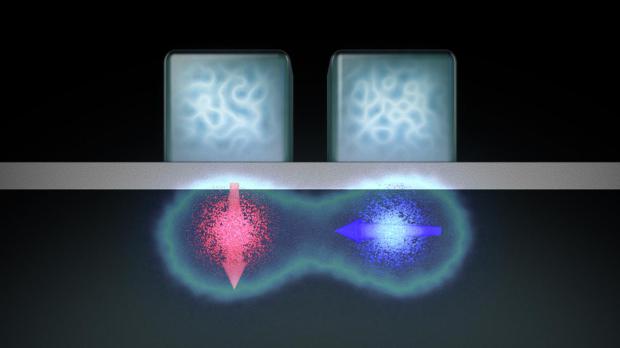
Breaking News
 Former White House Advisor: "Trump to Release $150 Trillion Endowment"
Former White House Advisor: "Trump to Release $150 Trillion Endowment"
 The Mayo Clinic just tried to pull a fast one on the Trump administration...
The Mayo Clinic just tried to pull a fast one on the Trump administration...
 'Cyborg 1.0': World's First Robocop Debuts With Facial Recognition And 360° Camera Visio
'Cyborg 1.0': World's First Robocop Debuts With Facial Recognition And 360° Camera Visio
 Dr. Aseem Malhotra Joins Alex Jones Live In-Studio! Top Medical Advisor To HHS Sec. RFK Jr. Gives...
Dr. Aseem Malhotra Joins Alex Jones Live In-Studio! Top Medical Advisor To HHS Sec. RFK Jr. Gives...
Top Tech News
 Scientists reach pivotal breakthrough in quest for limitless energy:
Scientists reach pivotal breakthrough in quest for limitless energy:
 Kawasaki CORLEO Walks Like a Robot, Rides Like a Bike!
Kawasaki CORLEO Walks Like a Robot, Rides Like a Bike!
 World's Smallest Pacemaker is Made for Newborns, Activated by Light, and Requires No Surgery
World's Smallest Pacemaker is Made for Newborns, Activated by Light, and Requires No Surgery
 Barrel-rotor flying car prototype begins flight testing
Barrel-rotor flying car prototype begins flight testing
 Coin-sized nuclear 3V battery with 50-year lifespan enters mass production
Coin-sized nuclear 3V battery with 50-year lifespan enters mass production
 BREAKTHROUGH Testing Soon for Starship's Point-to-Point Flights: The Future of Transportation
BREAKTHROUGH Testing Soon for Starship's Point-to-Point Flights: The Future of Transportation
 Molten salt test loop to advance next-gen nuclear reactors
Molten salt test loop to advance next-gen nuclear reactors
 Quantum Teleportation Achieved Over Internet For The First Time
Quantum Teleportation Achieved Over Internet For The First Time
 Watch the Jetson Personal Air Vehicle take flight, then order your own
Watch the Jetson Personal Air Vehicle take flight, then order your own
 Microneedles extract harmful cells, deliver drugs into chronic wounds
Microneedles extract harmful cells, deliver drugs into chronic wounds
We might finally have a way to build circuits for the world's first quantum computers

The biggest challenge in scaling up a quantum computer is figuring out how to entangle enough quantum bits (qubits) to perform calculations, but a team of engineers in the US say they might finally have a solution.
Quantum computers are set to revolutionise how we process data in the future, because they're not limited to the 1s and 0s of binary code that today's computers rely on. That binary code is holding us back, because if you can only use a combination of 1s and 0s, there's a finite amount of data that can be processed, no matter how fast you go.
Instead, quantum computers use qubits, which can essentially take the state of 0, 1, or a 'superposition' of the two. So rather than having bits that can only be 1 or 0 at any given moment, qubits can be anything and everything.
As Todd Jaquith explains for Futurism:
"Quantum computers exploit three very unusual features that operate at the quantum scale - that electrons can be both particles and waves, that objects can be in many places at once, and that they can maintain an instantaneous connection even when separated by vast distances (a property called 'entanglement')."



